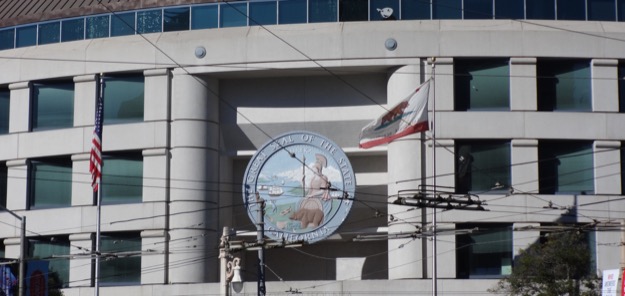Texan judges and juries can't hold high tech hostage any more

Goodbye to all that.
A particularly pathological cottage industry in east Texas is coming to an end, much to the delight of high tech entrepreneurs, and they have a low tech court case to thank for it. The federal supreme court ruled that patent trolls can’t go shopping for the most easily bamboozled judges and juries, but instead have to file law suits in the home state of the companies they’re trying to shake down.
According to a story in the Hill, the decision came in a case where Kraft – decidedly not a troll – tried to sue an Indiana-based company, TC Heartland, over water flavoring technology in a Delaware-based court…
… MoreThe ruling will have broad implications for patent lawsuits, which are frequently moved to certain districts that have a track record of being favorable to patent infringement claims.


![By Manuel Dohmen (Own work) [GFDL (https://www.gnu.org/copyleft/fdl.html), CC-BY-SA-3.0 (https://creativecommons.org/licenses/by-sa/3.0/) or CC BY-SA 2.0 de (https://creativecommons.org/licenses/by-sa/2.0/de/deed.en)], via Wikimedia Commons](https://www.tellusventure.com/images/2017/5/dollar_notes.jpg)
![Coolcaesar at the English language Wikipedia [GFDL (https://www.gnu.org/copyleft/fdl.html) or CC-BY-SA-3.0 (https://creativecommons.org/licenses/by-sa/3.0/)], via Wikimedia Commons](https://www.tellusventure.com/images/2017/5/pge_bucket_trucks.jpg)



![Coolcaesar at the English language Wikipedia [GFDL (https://www.gnu.org/copyleft/fdl.html) or CC-BY-SA-3.0 (https://creativecommons.org/licenses/by-sa/3.0/)], via Wikimedia Commons](https://www.tellusventure.com/images/2017/5/gonzales_tower.jpg)
![By 401(K) 2012 [CC BY-SA 2.0 (https://creativecommons.org/licenses/by-sa/2.0)], via Wikimedia Commons](https://www.tellusventure.com/images/2017/5/piggy_bank.jpg)
